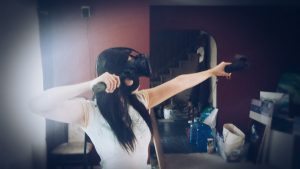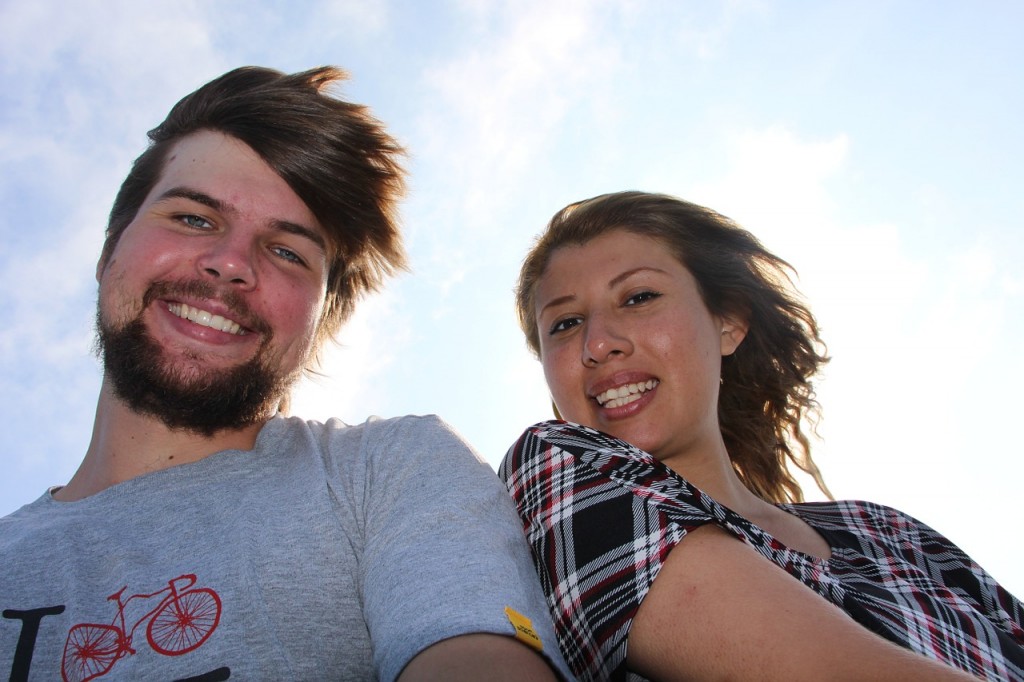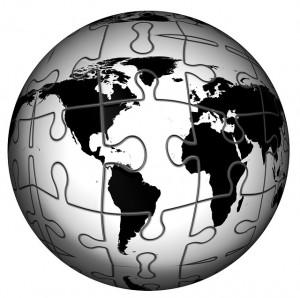In recent times, we see more and more reflection on culture, diversity and our history in Canada. I think we all talk a lot about cultural celebration and respecting all religions and cultures, but how do we translate talk into action? How can we not just “talk diversity” but move to true “inclusiveness”? Diversity focuses on differences whereas, inclusiveness intentionally welcomes and celebrates diversity. Canada is diverse but we need to really focus on inclusiveness to thrive as a community. In very simple terms, diversity is who we are whereas inclusiveness is what we do.
In my opinion, cultural appreciation has to start by acknowledging our collective Canadian history and the experiences (good and bad) of all our people, children and families. In saying that, we must honor our Indigenous history and the lived experiences that have created much inherent fallout for mental health as well. This is the first step in any commitment to moving forward toward reconciliation and true support.
So how do we do this? Again, the psychologist and thinker in me, sees the first step as being to feel and immerse ourselves as much as possible by listening, reading, watching and discussing those experiences with those who “hold that history”. That has been one of my goals over the last year: to take time and reflect, participate and hopefully, understand a little better the rich culture but also the many shameful parts of our history. We all own a part in these stories of Indigenous children and families and of all Canadians who allowed this narrative to occur.
The following are just a few of the amazing connections I have made over the last year to better feel and understand these issues. As often is the case, music touched me. The artistry of the seven young women of Eastern Owl in the song “Baby” transports you to the days of Residential Schools. Give it, and their full album Qama’si – “a call to action” a listen by click the image below.
 “Baby” by Eastern Owl is a tribute to survivors of the Canadian Residential School System, and their families. It features the word “baby” in the three Indigenous languages of Newfoundland and Labrador.
“Baby” by Eastern Owl is a tribute to survivors of the Canadian Residential School System, and their families. It features the word “baby” in the three Indigenous languages of Newfoundland and Labrador.
As indicated in the YouTube description, “for more information on residential schools and their devastating impact on generations of people, please speak to Indigenous people in your community, or contact the Truth and Reconciliation Commission of Canada at http://www.trc.ca/resources.html”
I then decided to get out there and attend various events, like the Sunrise Ceremony in Bannerman Park, St. John’s NL to celebrate the Summer Solstice with prayers, drumming, singing, a “smudging” ceremony as well as the prayers, giving and laying of tobacco on a monument to Shanawdithit, the last Beothuk in NL to mark her death in 1829. The prayers, songs and “smudging” ceremonies themselves were open, inviting, family oriented but also very somber and respectful of hurt that accompanies such history. In the “smudging” ceremonies, healing is offered to all those needing it, in any way. It was very moving, beautiful, and absolutely inclusive.
It is vital to speak and listen to those who have experienced these unique stories such as life in residential schools. To listen to Inuk Elder Emma Reelis speaking and giving prayers at events such as ceremonies that honour Murdered and Missing Indigenous Women is truly amazing. Personally, having a first cousin murdered, these words are heartbreaking but it is reality and these are stories that have to be told and stories that must be truly heard.
Emma Reelis, an Inuk elder is starting the #InHerName vigil for #MMIW #MMWNL with a prayer. pic.twitter.com/mlD8MmQrGe
— St. John's Status of Women Council (@SJSWCouncil) October 13, 2016
Also, the integration of such elders in programming for Social Workers is invaluable for insight and understanding as well: https://gazette.mun.ca/campus-and-community/visiting-aboriginal-elders/
While honouring and connecting with the atrocities in our history, we must also acknowledge and absolutely celebrate the success and resiliency of Indigenous peoples such as Eastern Owl, Elder Emma Reelis, and Brian Pottle Engineer and his wife Megan Pottle, both amazing advocates in Newfoundland and Labrador. The following is Brian Pottle’s CBC interview, as a powerful Indigenous role model in NL and his need to give back. He is one of numerous talented Indigenous peoples and amazing children that can heal, and will grow to develop and shine bright.
There is also great honoring in creating more opportunities for awareness, learning and understanding like Memorial University of Newfoundland’s Indigenous Bachelor of Education with its first graduates in 2019. The following article looks at this innovative, although time limited program.
These are just a few humble personal reflections I make as a psychologist, counsellor and a fellow Canadian and human being to help the healing process. I truly believe there are concrete ways that we can all build true empathy to honour and “hold our history” together to move forward and create a new narrative for our national story.
A saying I have always strongly disliked (because I hold no hate for nothing or no person) was “On a go forward basis…” My experience is that we must honour and “feel” our collective past to build any different future. The past and all stories must be shared, heard, held and honoured. Only then, can we begin to write a new narrative that is fully informed, inclusive and Canadian.
Think, talk, and always take care,
Gloria Pynn
B.A., B.Ed., Diploma in Behaviour Therapy, M. Ed Registered Psychologist C.C.C.
Gloria is a School Psychologist in St. John’s NL and owns a private counselling and consulting practice called PAX Psychological Services Inc. It is Gloria’s belief that we all need to support one another in life, wherever and however we can, to find happiness and peace. PAX is a place where she hopes to help others on that journey. We are all only “passengers” in this life, looking to find our own “peace”.
*The views expressed by our authors are personal opinions and do not necessarily reflect the views of the CCPA






